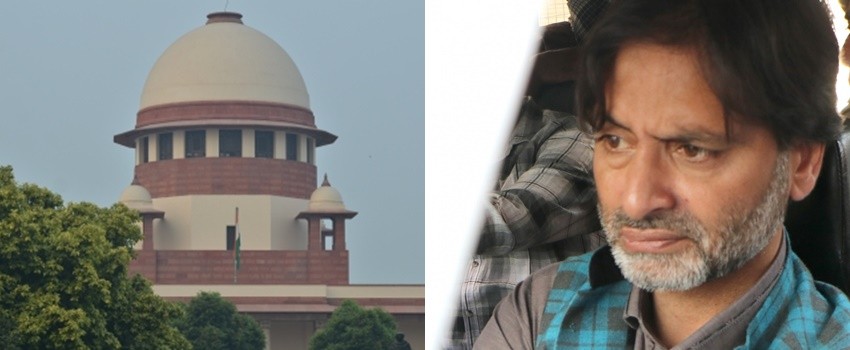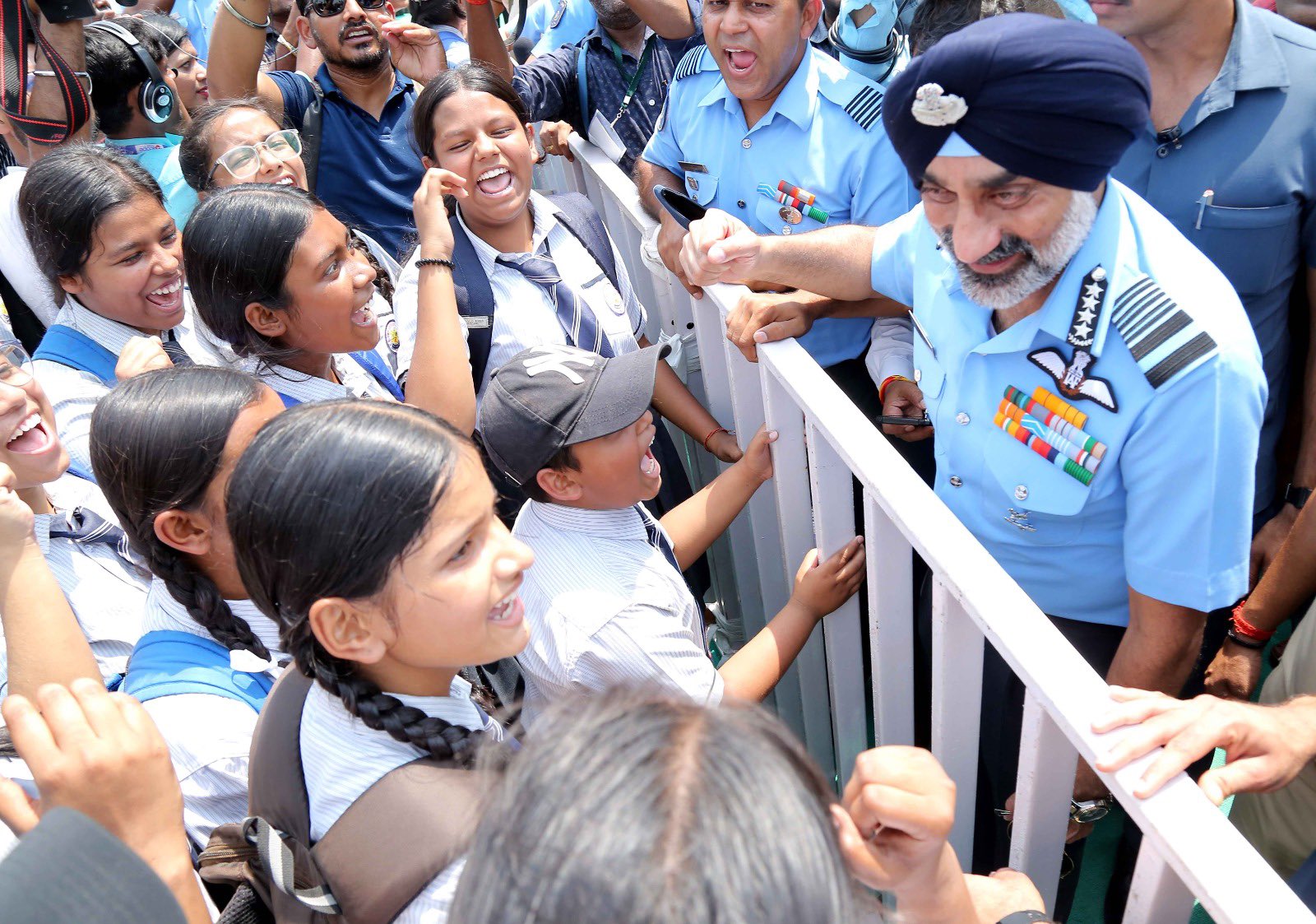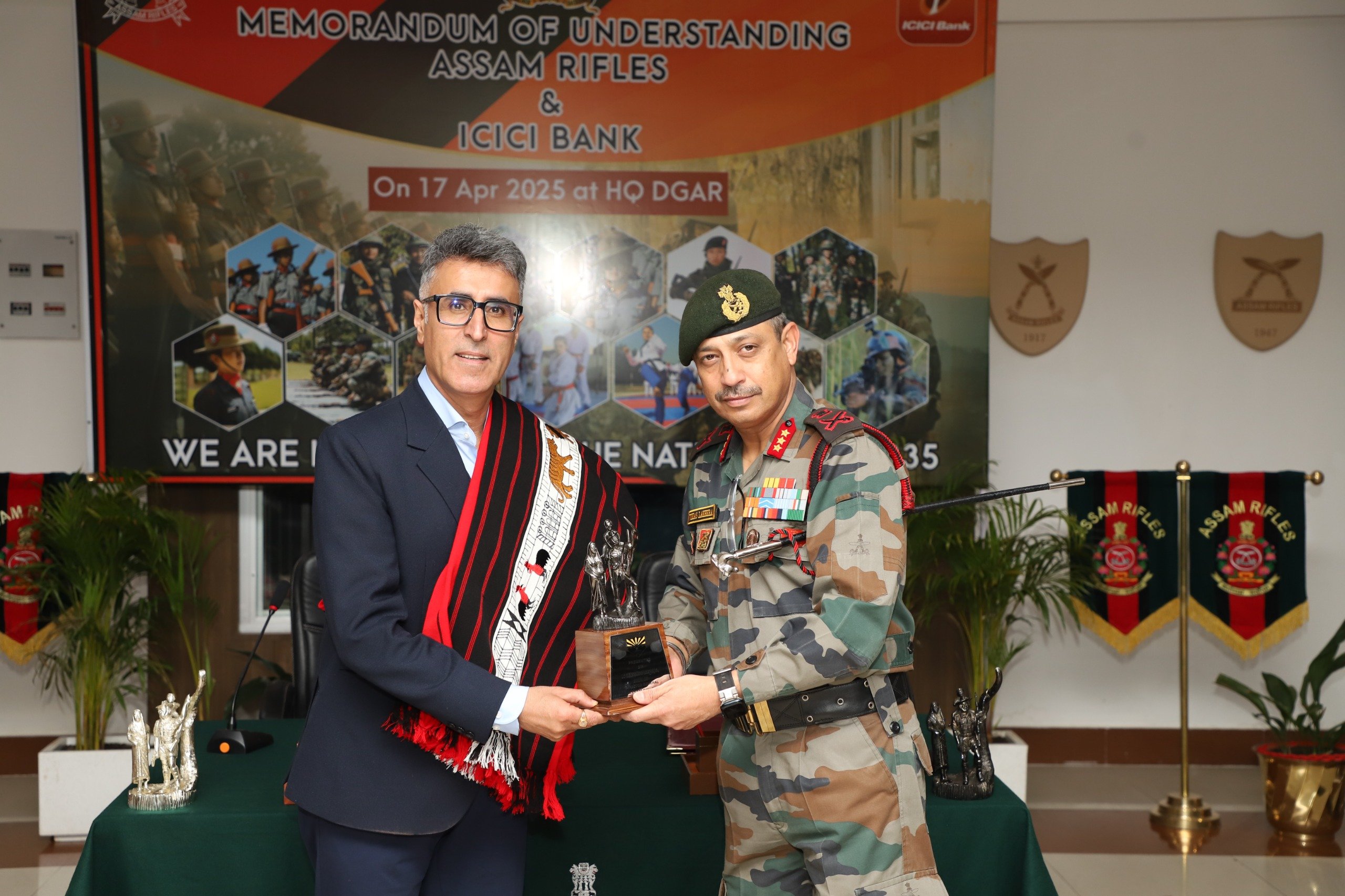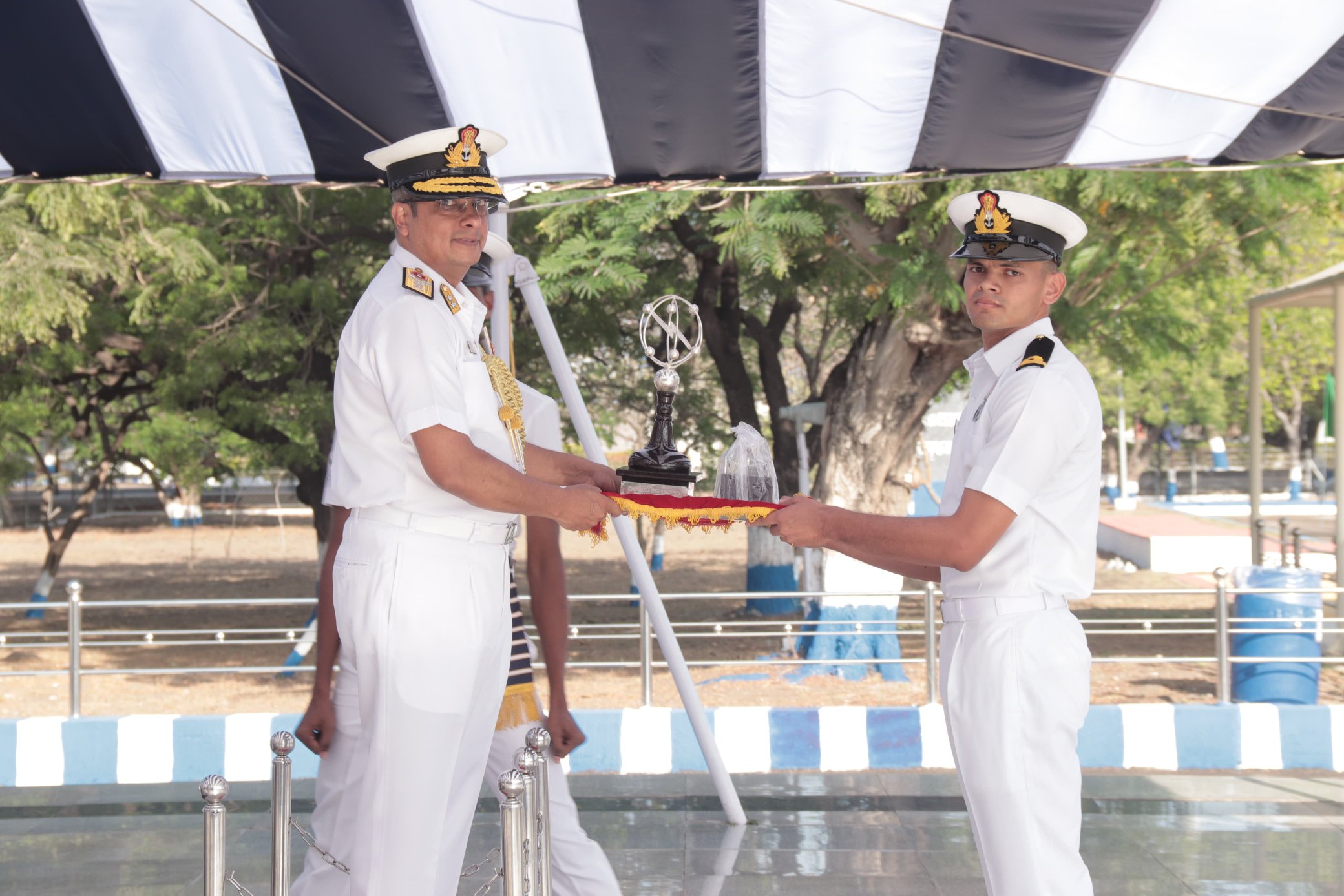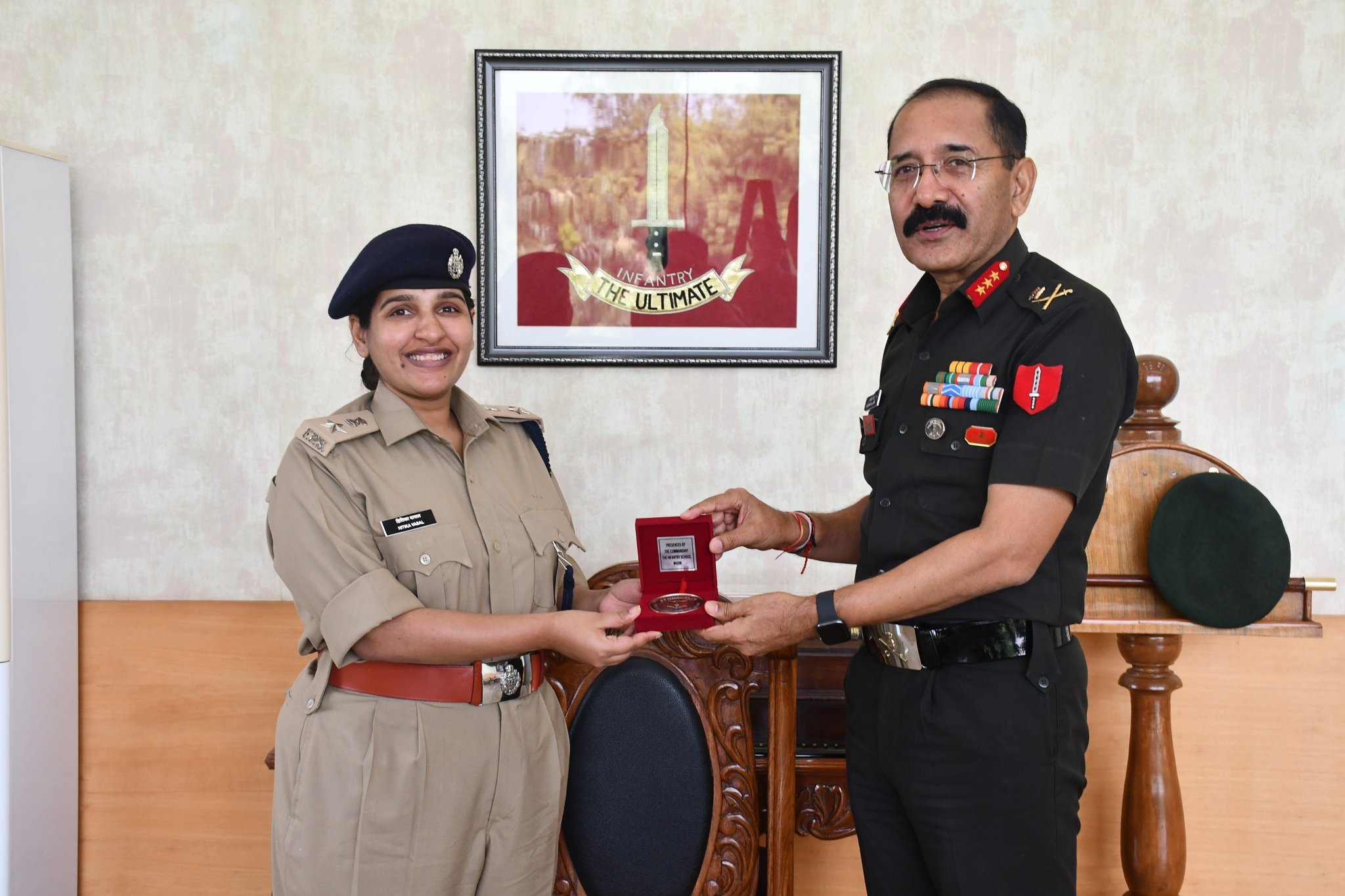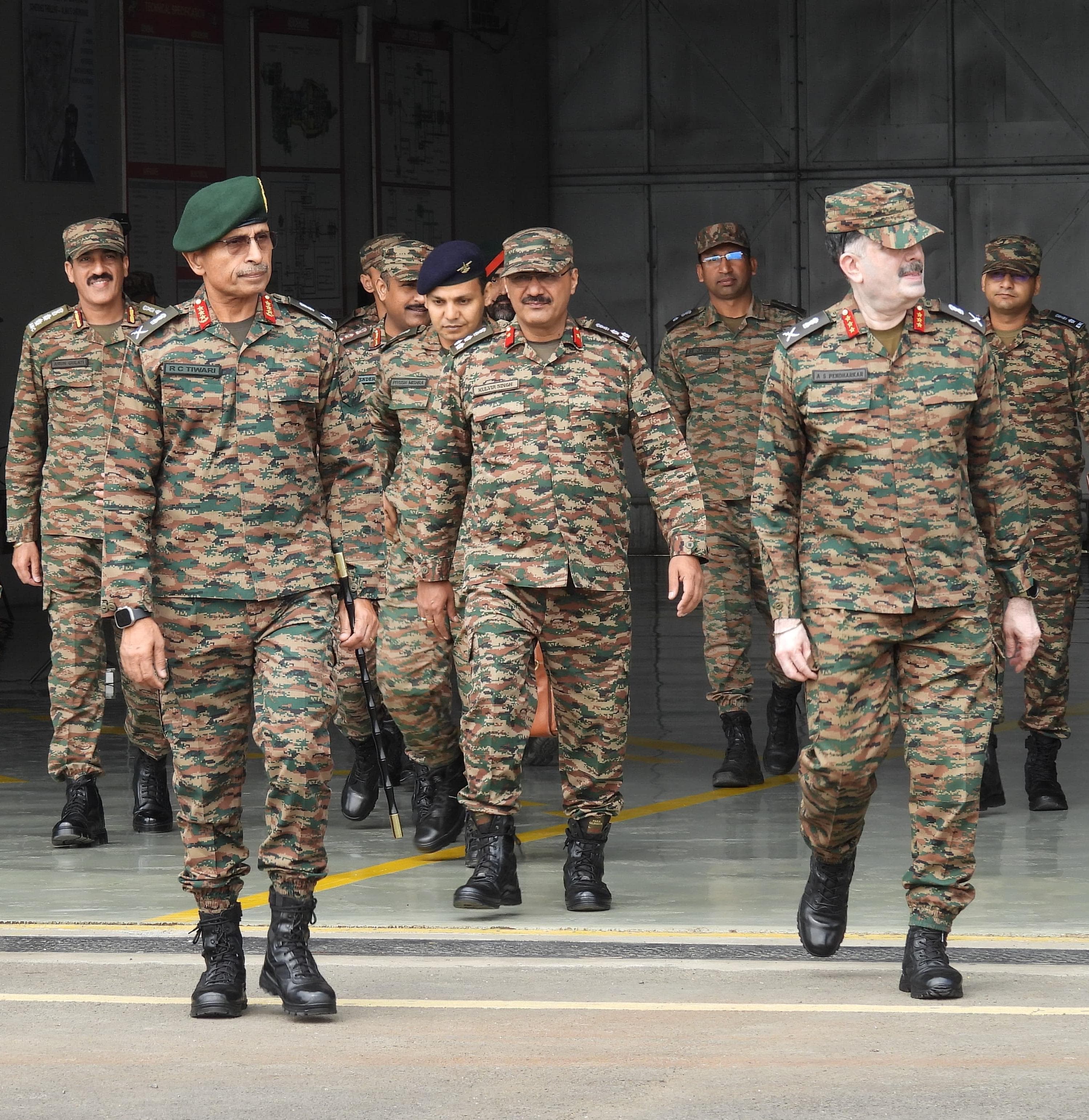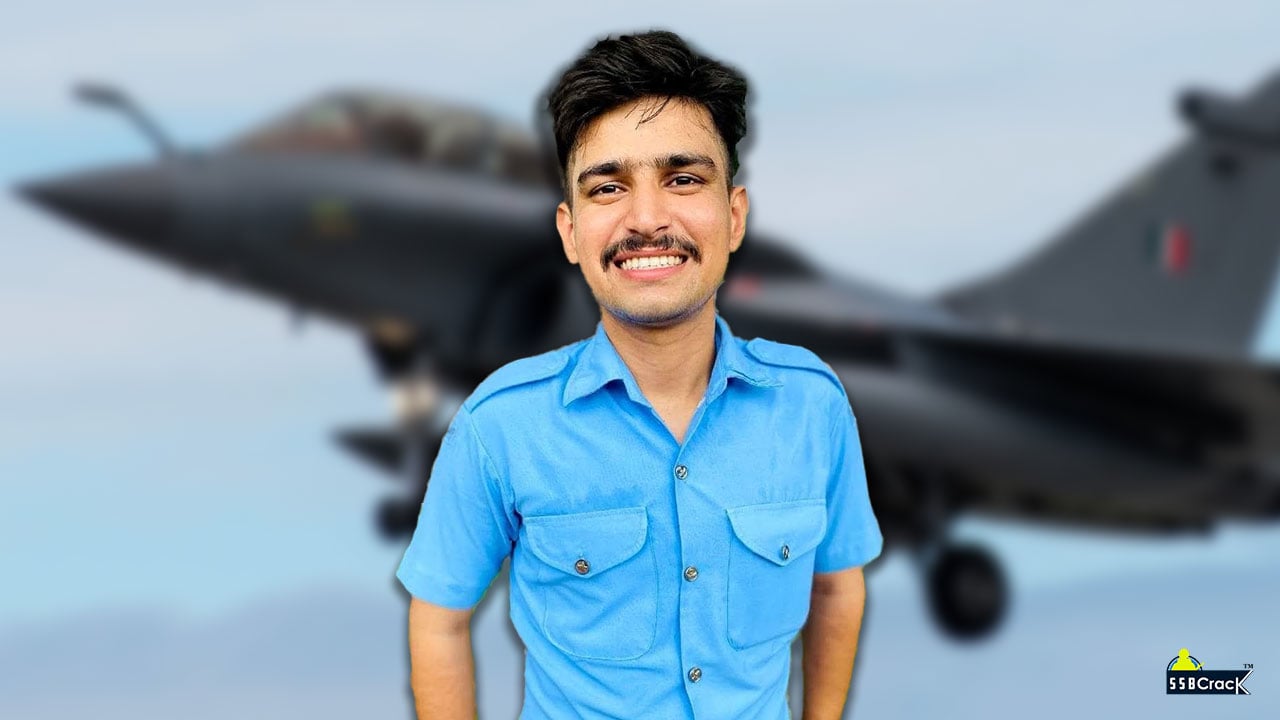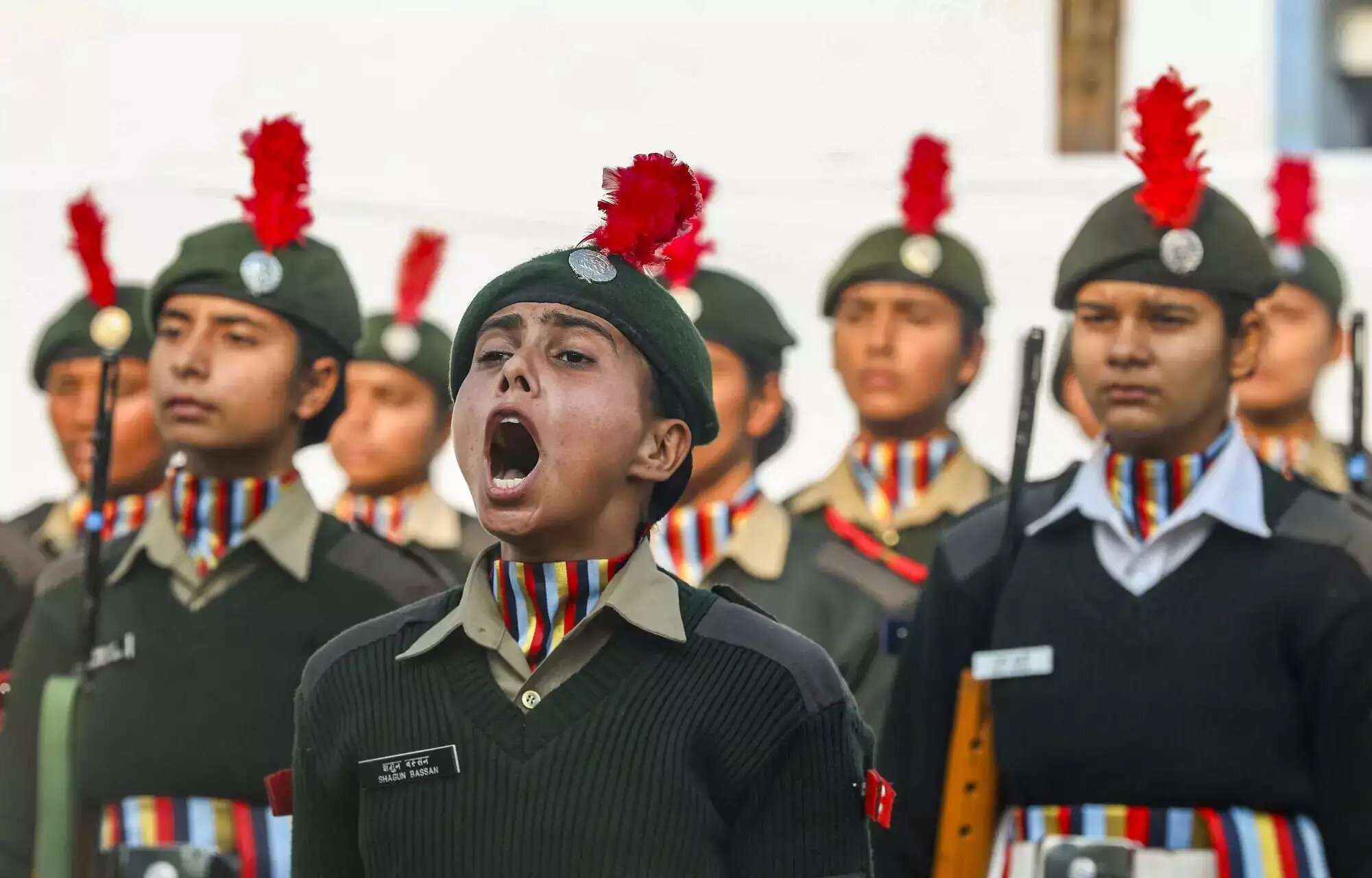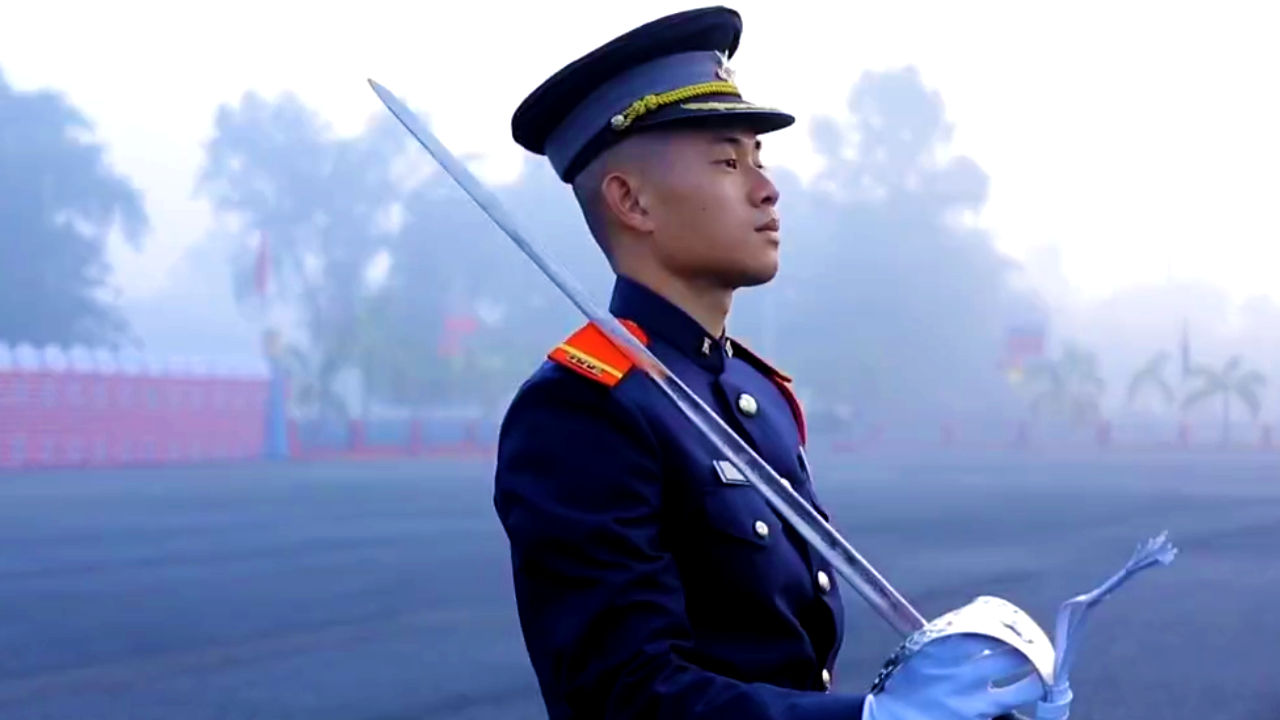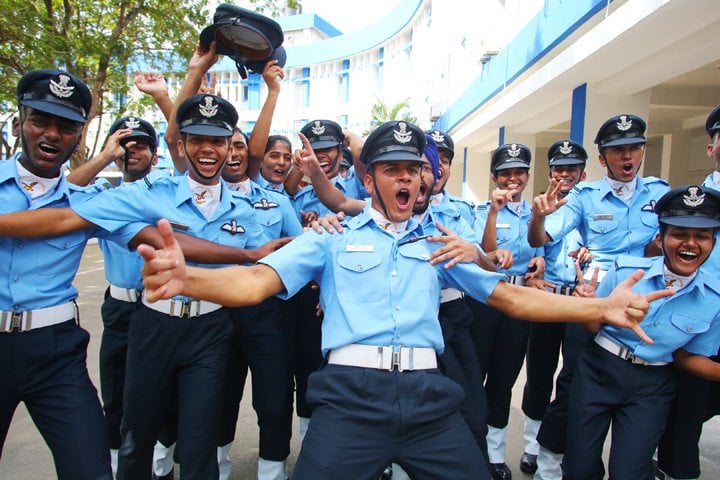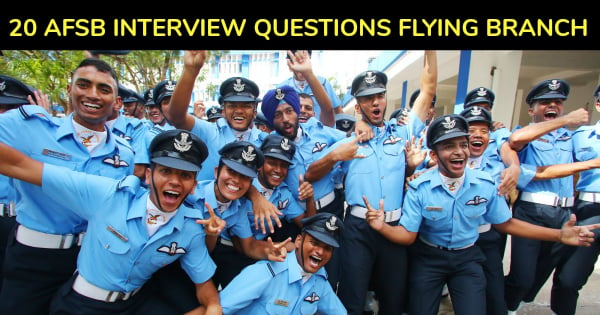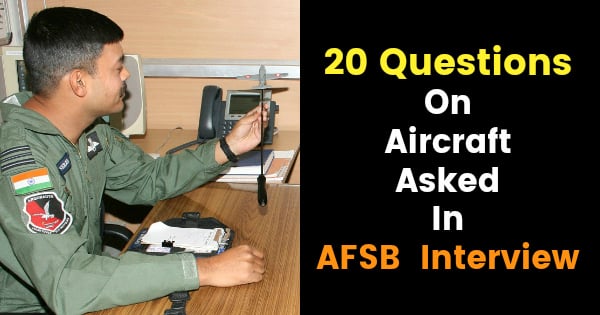The Supreme Court of India has emphasized the right to a fair trial for Kashmiri separatist leader Yasin Malik in connection with a case concerning the assassination of Indian Air Force (IAF) officers in Srinagar during 1990. This statement came during proceedings on an appeal lodged by the Central Bureau of Investigation (CBI), which was contesting an order from a Jammu trial court mandating Malik’s physical presence in court.
In the ongoing discussions led by a bench comprising Justice Abhay S. Oka and Justice Augustine George Masih, the court acknowledged the principle of fair trial, citing that even high-profile individuals like Ajmal Kasab, who was convicted for his role in the 2008 Mumbai attacks, received due process under law. The Solicitor General of India, Tushar Mehta, representing the CBI, argued that the safety of witnesses and the significant security concerns surrounding Malik’s presence in Jammu necessitated that he not be physically produced in court.
Mehta portrayed Malik not only as a terrorist but as a significant threat, highlighting his past meetings with Hafiz Mohammad Saeed, the founder of the militant group Lashkar-e-Taiba (LeT). He expressed apprehension regarding the safety of witnesses, noting that one had already been assassinated. The Solicitor General underscored that the government’s approach to Malik’s trial must exceed conventional legal protocols, given the sensitive circumstances surrounding the case.
In response, Justice Oka reinforced the importance of due legal process, reminding the court that all accused should be duly heard before any conclusive orders are made. The justices suggested that alternative methods, such as conducting the trial remotely via virtual platforms, might be considered for Malik’s testimony to ensure both his rights and the safety of witnesses.
The proceedings were adjourned to the following Thursday, allowing the CBI to modify its petition to include all accused individuals as respondents. This legal development follows Malik’s previous conviction, where he received a life sentence in 2022 after pleading guilty to charges including waging war against the state and engaging in terror financing. The National Investigation Agency (NIA) has since sought a death penalty in appeal proceedings before the Delhi High Court.
Malik has been implicated as the principal accused in the 1990 killing of four IAF personnel in Rawalpora, Srinagar, an incident that remains significant in the annals of separatist violence in the region. The legal proceedings reflect the ongoing complexities and sensitivities surrounding issues of terror, justice, and national security in India.

